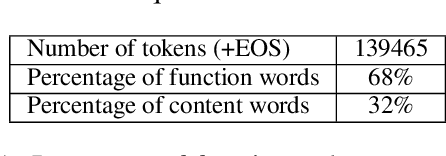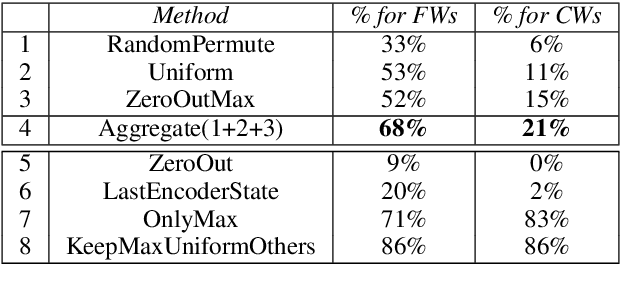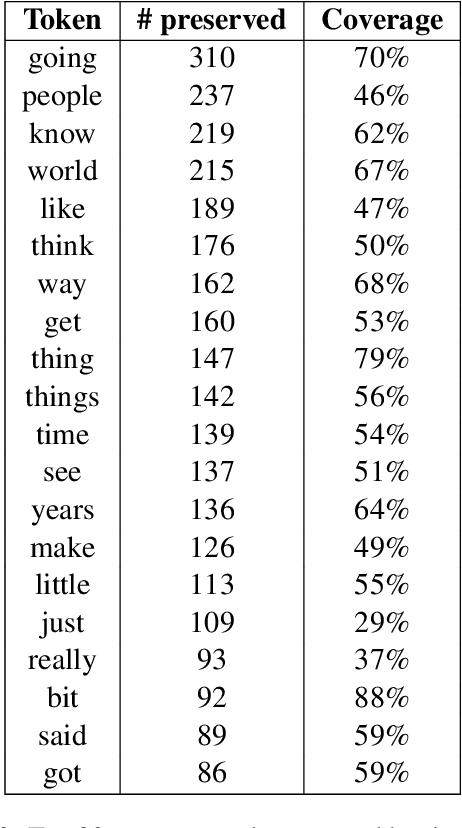Interrogating the Explanatory Power of Attention in Neural Machine Translation
Paper and Code
Sep 30, 2019



Attention models have become a crucial component in neural machine translation (NMT). They are often implicitly or explicitly used to justify the model's decision in generating a specific token but it has not yet been rigorously established to what extent attention is a reliable source of information in NMT. To evaluate the explanatory power of attention for NMT, we examine the possibility of yielding the same prediction but with counterfactual attention models that modify crucial aspects of the trained attention model. Using these counterfactual attention mechanisms we assess the extent to which they still preserve the generation of function and content words in the translation process. Compared to a state of the art attention model, our counterfactual attention models produce 68% of function words and 21% of content words in our German-English dataset. Our experiments demonstrate that attention models by themselves cannot reliably explain the decisions made by a NMT model.
 Add to Chrome
Add to Chrome Add to Firefox
Add to Firefox Add to Edge
Add to Edge